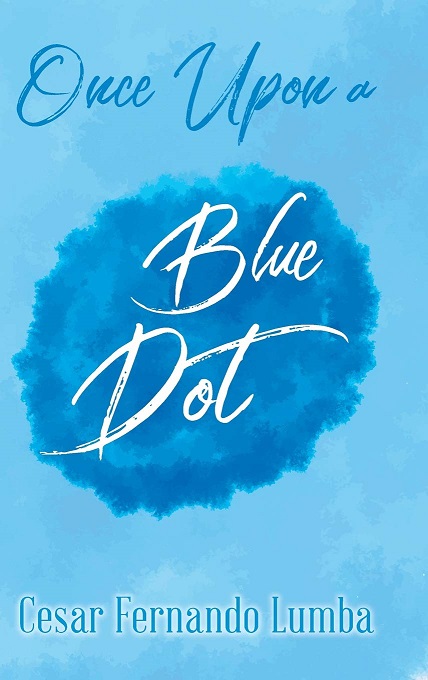Book on the brutality of Marcos’s martial law now in its 3rd edition

KNOW YOUR RIGHTS: Are you paid for overtime hours?
“Once Upon a Blue Dot” is a gripping narrative of one man’s search for identity and purpose in life in America in the midst of the tumultuous Martial Law in his own country. The author seamlessly weaves fact and fiction, bringing into stark reality the horrors of such a dark chapter in Philippine history. Notable is how he relates its brutal impact to the lives of the story’s two main characters who are locked in a damaged and enigmatic friendship. Poignant and stunning, this riveting parable of human conflict and moral anguish is definitely a must-read.
Leonardo S. Sicat
President, ABC Learning Center
Negros Oriental, Philippines
The book, “Once Upon a Blue Dot,” is in its third edition. Third editions often signify above-average interest in the book and it certainly is the case here. Although the book did not sell many copies in its first and second editions and printing because of cost issues, it has caught the attention of book publishers because of its potential appeal to the huge Filipino American population in the U.S.
The author, Cesar Fernando Lumba, hasn’t completely processed what has happened to his book.
“I self-published the book in 2015, and since it was not heavily promoted there was little commercial interest. It also carried a $28.95 price tag. I did not make any effort to promote the book because, frankly, I wasn’t happy with it,” said the author.
A second attempt to republish it in 2017 — after some revisions — “doomed the book’s commercial chances,” he said. The publishing house insisted on pricing it at $28.95.
After doing some research, Lumba decided that a third edition and printing was worth a try, primarily because a new publisher had offered to market the book at $10 or $11 a copy.
“Once Upon a Blue Dot” now retails for $11.99 for a soft-cover and $17.99 for a hard-cover edition. The new publisher, URLink, started out as a book marketer but has now branched into the self-publishing market. The company’s editors and book marketing consultants are all gung-ho about marketing the book because they are aware that the Filipino-American community in the U.S. is a growing economic force and many Filipino-Americans are highly educated and well-read, said Lumba.
Most books written by American authors that one sees in book shelves in various book outlets in the U.S. are mystery novels, romance novels, historical novels. The plots are usually narrow and focused on one or two story lines. The books are gripping tales that keep the readers’ attention. Books such as “The Girl on the Train” have one question begging to be answered (what happened to the mystery woman?) and the reader is taken along in the search for the answer.
Filipino-American novelists, however, often make attempts at producing literature. The marketing prospects are secondary to most Filipino authors, what is important to them is if it answers the question, “Is it literature?” in the affirmative.
Literature does not sell these days, according to Lumba. People have little time for books that present the epic panorama of people’s lives. The convolutions, the twists and turns – most readers today are not interested in such story lines. What they want out of a book is the thrill of eventually knowing who the killer is and how it was done.
Some of the elements of the book are certainly literary, but the author has taken pains to present both the stark reality of and an honest broker’s look-back at the brutal Marcos martial law years. The action-filled realism usually keeps readers like reviewer Leonardo Sicat, Jr. interested in a book that meanders. “Life meanders. It is not focused, it doesn’t have just one trajectory,” explained the author.
“A simple life is worth living, but a complicated one – with its many twists and turns – is more exciting and more consequential,” he explained. He would not go though as far as Socrates saying “an unexamined life is not worth living.”
© The FilAm 2019













